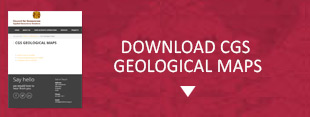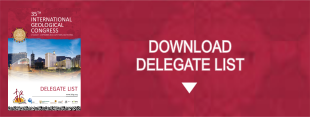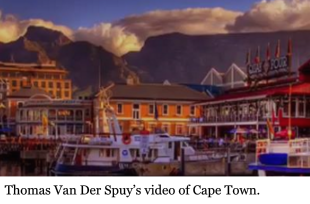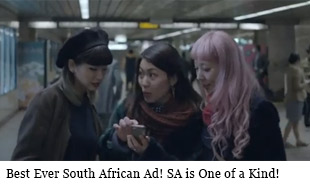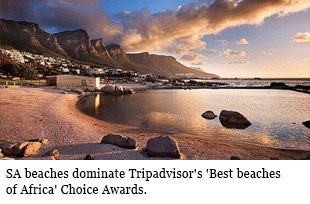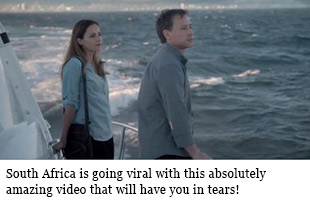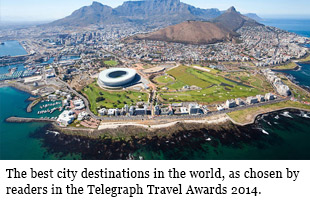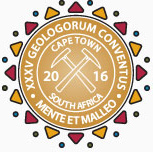
35TH INTERNATIONAL GEOLOGICAL CONGRESS
27 AUGUST - 4 SEPTEMBER 2016 | CAPE TOWN, SOUTH AFRICA
Sponsors
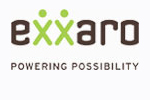


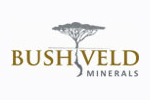

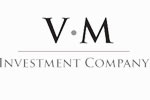
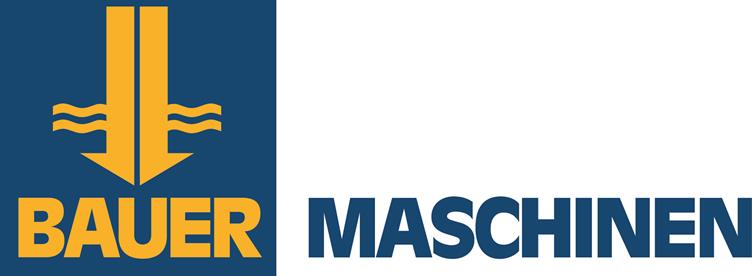








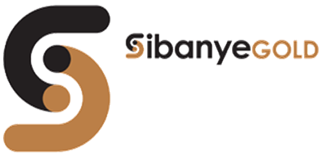
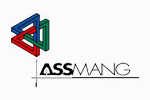
35 IGC SAGPGF




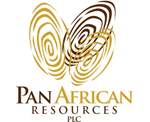
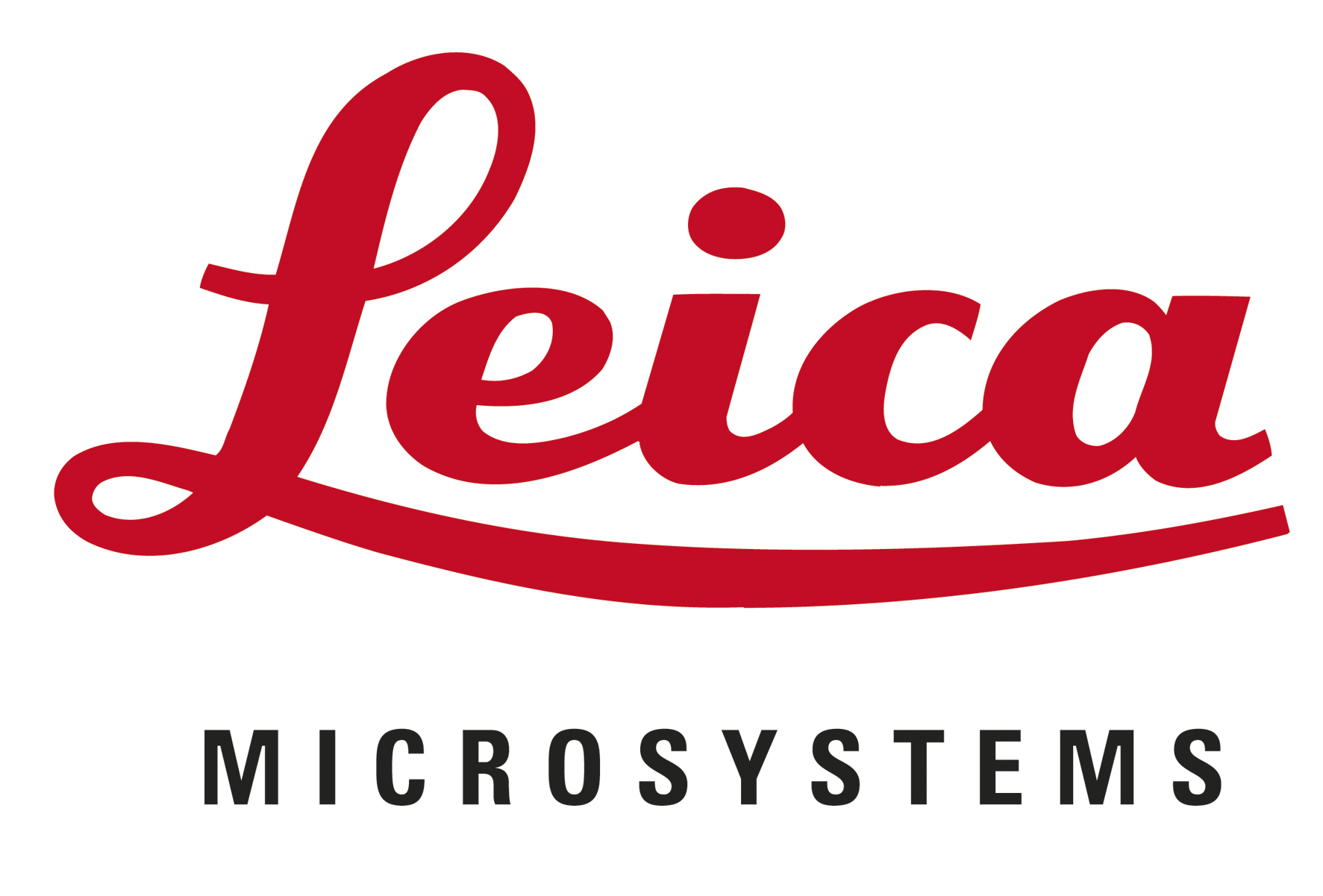
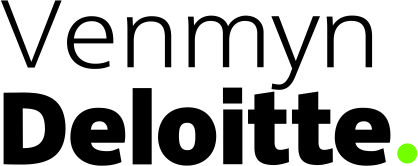
35TH INTERNATIONAL GEOLOGICAL CONGRESS
27 AUGUST - 4 SEPTEMBER 2016 | CAPE TOWN, SOUTH AFRICA
My IGC
Developing Europe's International Observatory for Raw Materials
Description
As part of the European Commission’s Horizon 2020 Programme for Research & Innovation, the 36-month project INTRAW aims to map best practices and develop new cooperation opportunities related to raw materials between the EU and technologically advanced countries, in response to similar global challenges. INTRAW addresses issues such as raw materials policies and strategies; joint educational and skills programmes; licensing and permitting procedures, royalties and tax policies; data reporting systems; exploration, extraction, processing and recycling practices; and management and substitution of critical raw materials. The outcome of the mapping and knowledge transfer activities that are conducted in the first two years of the project will be used as a baseline to set up and launch the European Union’s International Observatory for Raw Materials as a permanent raw materials knowledge body.
INTRAW is intended to play a key role in the alignment of research and innovation activities among the EU countries, boosting synergies with research, education and trade practices for a sustainable access and supply of raw materials being developed in Australia, Canada, Japan, South Africa and the USA.
In this workshop, a discussion of the most important factors which explain how and why each of the reference countries has become technologically and economically advanced during the 20th and 21st century will be the starting point to define cooperation opportunities built on best practices in research and innovation, education and outreach and industry and trade.
Presenters
| Name | Organisation | Email address |
| Christopher Keane | American Geosciences Institute | keane@americangeosciences.org |
| Ruth Allington | European Federation Of Geologists | RuthA@gwp.uk.com |
| Kip Jeffrey | University of Exeter | c.jeffery@exeter.ac.uk |
| Fatheela Brovko | CSIR | |
| Balaza Bodo | La Palma Research Centre for Future Studies | research@lapalmacentre.eu |
| Vitor Correia | European Federation of Geologists | efg.president@eurogeologists.eu |
| Marko Komac | OneGeology | onegeology@bgs.ac.uk |
Programme
- Presenting the Observatory
Project aims, structure and findings of the first 2 years - Boosting international cooperation
Efforts being made in Europe to strengthen cooperation on raw materials topics will be described, and examples of possible areas/topics of cooperation between the European Union and Australia, Canada, Japan, South Africa and the USA on raw materials will be highlighted. A benchmarking exercise will be the starting point for the discussion about expanding cooperation and networking among 6 actors (the 5 reference countries + the EU). - Paving the way forward
The audience will participate in an interactive exercise building up a wheel of the future and drafting possible scenarios for cooperation on raw materials topics.
Registration Details
To book and pay, please use your existing registration log in (if you are already registered). New delegates can book using the registration form on the website (create your profile and register for the conference and then book your additional workshop)
Presenter Biographies
Christopher Keane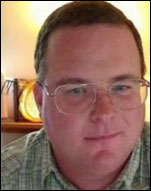 Christopher Keane is AGI's Director of Communications and Technology and Editor of EARTH Magazine. He earned a PhD in 1997 from the University of Maryland's Marine, Estuarine, and Environmental Science Program. His background is in geology, with a focus on quantitative terrain-analysis methods. Prior to his graduate work, Chris worked for the Industrial Minerals Branch of the US Bureau of Mines. Recent responsibilities have included, since 1999, the ongoing surveying and analysis efforts of AGI’s Geoscience Workforce Program, as well as liaison with geoscience departments and AGI’s geoscience industry partners. He was AGI’s Executive Producer on the Discovery Communications television series Faces of Earth.
Christopher Keane is AGI's Director of Communications and Technology and Editor of EARTH Magazine. He earned a PhD in 1997 from the University of Maryland's Marine, Estuarine, and Environmental Science Program. His background is in geology, with a focus on quantitative terrain-analysis methods. Prior to his graduate work, Chris worked for the Industrial Minerals Branch of the US Bureau of Mines. Recent responsibilities have included, since 1999, the ongoing surveying and analysis efforts of AGI’s Geoscience Workforce Program, as well as liaison with geoscience departments and AGI’s geoscience industry partners. He was AGI’s Executive Producer on the Discovery Communications television series Faces of Earth.
Fatheela Brovko 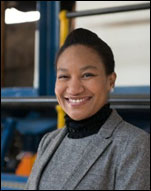 Fatheela Brovko is a senior researcher at CSIR, where she works in Novel Mining Methods with a team of researchers to find novel techniques and applications in the fields of robotics and automation; applied mechanical engineering for mining applications; earth sciences; rock breaking techniques and support design. Before joining CSIR in 2013, Fatheela worked as a Geophysicist at AngloAmerican for more than 8 years.
Fatheela Brovko is a senior researcher at CSIR, where she works in Novel Mining Methods with a team of researchers to find novel techniques and applications in the fields of robotics and automation; applied mechanical engineering for mining applications; earth sciences; rock breaking techniques and support design. Before joining CSIR in 2013, Fatheela worked as a Geophysicist at AngloAmerican for more than 8 years.
Kip Jeffrey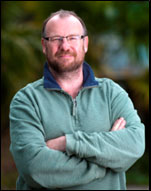 Kip Jeffrey is the head of the Camborne School of Mines at the University of Exeter. Kip joined the Camborne School of Mines in 2012 as First Quantum Minerals Professor of Mining Education. He has over 25 years’ experience in exploration, extraction, processing, technical support and marketing, involving many industrial mineral commodities, metals, construction materials and gemstones. Kip has an extensive track record of collaborative industrial research, consultancy and educational capacity-building initiatives in Zambia, Malaysia, Kazakhstan, Rwanda, Panama and Finland. Previously, he set up a bespoke ‘Diamond Professional’ course for De Beers, and was a senior member of the geology team at Leicester University. He has served on the Geological Society of London degree accreditation committee, giving a good overview of geological education. He has previous experience in European-level programmes, including the current EE-Quarry project.
Kip Jeffrey is the head of the Camborne School of Mines at the University of Exeter. Kip joined the Camborne School of Mines in 2012 as First Quantum Minerals Professor of Mining Education. He has over 25 years’ experience in exploration, extraction, processing, technical support and marketing, involving many industrial mineral commodities, metals, construction materials and gemstones. Kip has an extensive track record of collaborative industrial research, consultancy and educational capacity-building initiatives in Zambia, Malaysia, Kazakhstan, Rwanda, Panama and Finland. Previously, he set up a bespoke ‘Diamond Professional’ course for De Beers, and was a senior member of the geology team at Leicester University. He has served on the Geological Society of London degree accreditation committee, giving a good overview of geological education. He has previous experience in European-level programmes, including the current EE-Quarry project.
Marko Komac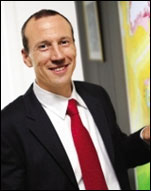 Marko Komac is the managing director of OneGeology (http://www.onegeology.org/) an international initiative of the geological surveys of the world. This ground-breaking project was launched in 2007 and contributed to the 'International Year of Planet Earth', becoming one of their flagship projects. Marko was director of the Geological Survey of Slovenia, a researcher at the same institution, and an Assistant Professor in GIS at the University of Nova Gorica and of geology at the University of Ljubljana. He has over 20 years of experience in the field of geographical information systems (GIS), application of remote sensing in geology, spatial analyses and modelling, geostatistics, and mass-movement analyses. He is an author or co-author of over 400 bibliographic units, mainly from the above-listed research areas. He is currently the Vice-President of the International Union of Geological Sciences.
Marko Komac is the managing director of OneGeology (http://www.onegeology.org/) an international initiative of the geological surveys of the world. This ground-breaking project was launched in 2007 and contributed to the 'International Year of Planet Earth', becoming one of their flagship projects. Marko was director of the Geological Survey of Slovenia, a researcher at the same institution, and an Assistant Professor in GIS at the University of Nova Gorica and of geology at the University of Ljubljana. He has over 20 years of experience in the field of geographical information systems (GIS), application of remote sensing in geology, spatial analyses and modelling, geostatistics, and mass-movement analyses. He is an author or co-author of over 400 bibliographic units, mainly from the above-listed research areas. He is currently the Vice-President of the International Union of Geological Sciences.
Ruth Allington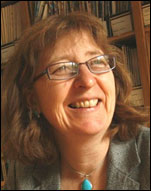 Ruth Allington is an engineering geologist with 35 years of UK and international experience as a consultant in the quarrying and open-pit mining sector. She is Joint Senior Partner of GWP Consultants LLP and a Director of Blast Log Ltd. Ruth holds a first class honours BSc in geology and geomorphology from the University of London, King’s College (1980), an MSc in engineering geology from the University of Durham (1981) and an MBA from the Open University (1997). She holds professional qualifications as a Chartered Geologist, European Geologist and Chartered Engineer. Ruth was President of EFG from 2009 to 2013, is the current (and inaugural) Chairperson of the Task Group on Global Geoscience Professionalism (IUGS) and is a member of the Pan European Resources and Reserves Reporting Committee (PERC). She specialises in the investigation and evaluation of construction raw materials and industrial minerals, and in the design of quarries and open pits to recover these minerals to meet economic objectives whilst being operated safely and with effectively mitigated impacts on the environment and society. Ruth is the author or co-author of a range of publications about quarry design and operational planning and periodically delivers lectures and training seminars on these topics. She was listed in 2013 as one of the 100 global inspirational women in mining.
Ruth Allington is an engineering geologist with 35 years of UK and international experience as a consultant in the quarrying and open-pit mining sector. She is Joint Senior Partner of GWP Consultants LLP and a Director of Blast Log Ltd. Ruth holds a first class honours BSc in geology and geomorphology from the University of London, King’s College (1980), an MSc in engineering geology from the University of Durham (1981) and an MBA from the Open University (1997). She holds professional qualifications as a Chartered Geologist, European Geologist and Chartered Engineer. Ruth was President of EFG from 2009 to 2013, is the current (and inaugural) Chairperson of the Task Group on Global Geoscience Professionalism (IUGS) and is a member of the Pan European Resources and Reserves Reporting Committee (PERC). She specialises in the investigation and evaluation of construction raw materials and industrial minerals, and in the design of quarries and open pits to recover these minerals to meet economic objectives whilst being operated safely and with effectively mitigated impacts on the environment and society. Ruth is the author or co-author of a range of publications about quarry design and operational planning and periodically delivers lectures and training seminars on these topics. She was listed in 2013 as one of the 100 global inspirational women in mining.
Vitor Correia 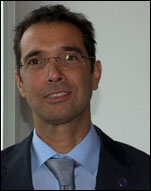 Vitor Correia is a geologist with over 25 years of working experience in Europe, Africa and South America. He holds a post-graduate degree in business-to-business marketing strategy from the Kellogg Business School (US) and an MBA degree from the University of Lisbon. Vitor holds the professional qualification of European Geologist (EurGeol) and has experience in managing businesses in the mining industry, covering the licensing, the exploration and the exploitation stages, with different mineral deposits, including copper, gold, iron and industrial minerals. He has an extensive background in developing and implementing strategic plans and doing financials, marketing, and operations management and he is used to tackling different subjects, including investment decisions, resource evaluation, environmental impact assessment, exploration drilling and minerals processing. He participated in several EU-funded projects as a consultant (FP5) and later as Managing Director (FP7) in several companies. Vitor has been the President of EFG since June 2013 and he is the coordinator of INTRAW.
Vitor Correia is a geologist with over 25 years of working experience in Europe, Africa and South America. He holds a post-graduate degree in business-to-business marketing strategy from the Kellogg Business School (US) and an MBA degree from the University of Lisbon. Vitor holds the professional qualification of European Geologist (EurGeol) and has experience in managing businesses in the mining industry, covering the licensing, the exploration and the exploitation stages, with different mineral deposits, including copper, gold, iron and industrial minerals. He has an extensive background in developing and implementing strategic plans and doing financials, marketing, and operations management and he is used to tackling different subjects, including investment decisions, resource evaluation, environmental impact assessment, exploration drilling and minerals processing. He participated in several EU-funded projects as a consultant (FP5) and later as Managing Director (FP7) in several companies. Vitor has been the President of EFG since June 2013 and he is the coordinator of INTRAW.
Balazs Bodo
Balazs Bodo is a geologist with 18 years of international work experience in Europe and world-wide. He has been involved in several public and industry financed projects related to minerals, remote sensing/EO, research roadmapping and a combination of these. He was the Project Coordinator of FP5 OMENTIN - Ore Mining and Environmental Technologies Information Network (Ref. EU/HRP-CT-2001-00002) that synthesised information on mining technologies and raised awareness for mining-related environmental issues and FP7 CEUBIOM (FP7 213634) that developed a harmonised methodology for bioenergy assessment in Europe using a combination of satellite data and statistical information. Earlier (in 2000) he was the Coordinating beneficiary of a NATO Cooperative Science and Technology Grant, TEAMSAT (Transboundary Environmental Monitoring and Management with High-resolution Satellite Remote Sensing). More recently he was the project manager of EXTRACT-IT (Project No: 318149, www.extract-it.eu) where he used technology foresight to create a research roadmap in support of minerals extraction under extreme geo-environmental conditions.
 Field trips
Field trips  Sponsorship & expo
Sponsorship & expo  Registration
Registration Tours
Tours  Promotion
Promotion 

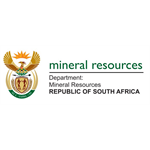








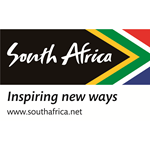



 Conference Programme
Conference Programme  Field trips
Field trips  Sponsorship & expo
Sponsorship & expo  Volunteer
Volunteer  GeoHost
GeoHost  Registration
Registration Tours
Tours  Promotion
Promotion  Publications
Publications


